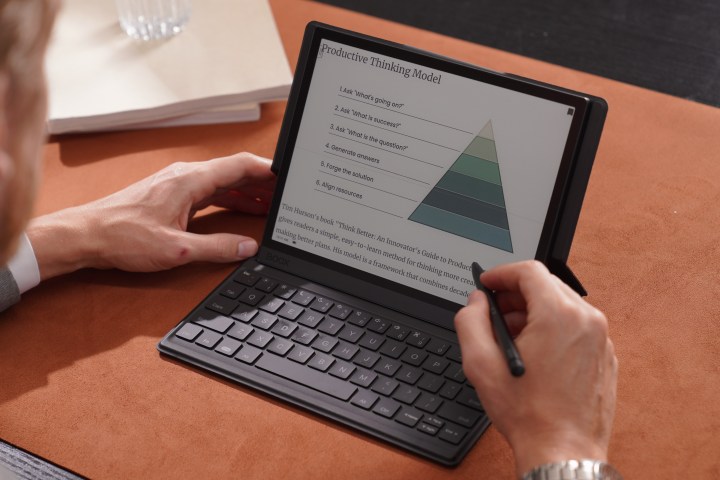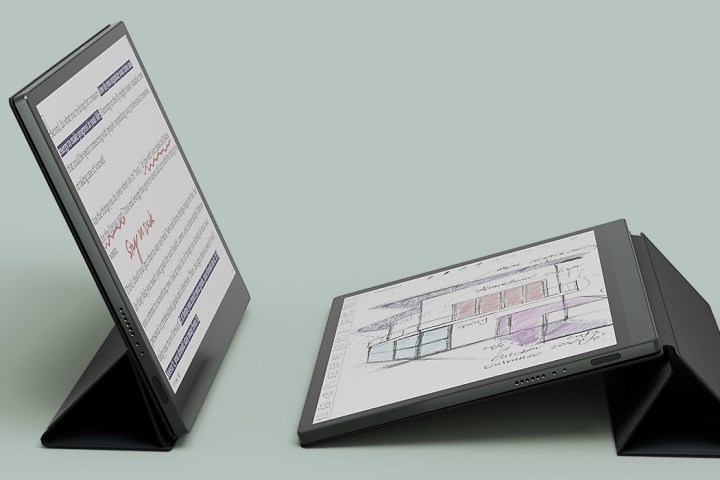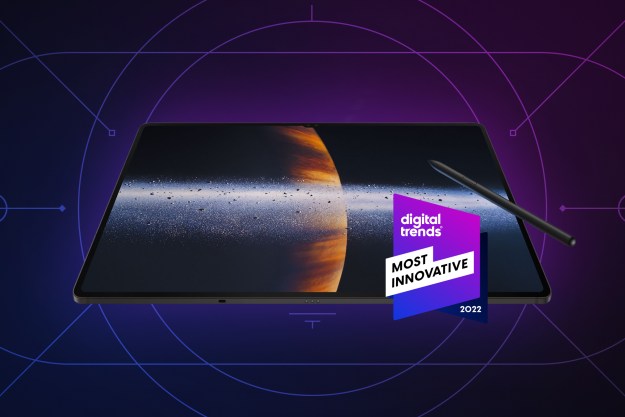Onyx is one of the few brands that seem bullish about the potential of e-ink screens, and it makes fairly impressive products while at it. I recently got my hands on the Onyx Boox Tab Ultra with a monochrome e-ink display and was pleasantly surprised by its unique appeal. Now, the company is taking a big leap with a new variant that replaces the black and white screen with a full-color e-ink panel on its latest tablet — something the Kindle has never been able to achieve.
Say hello to the Onyx Boox Tab Ultra C, an Android tablet that stands out with its 10.3-inch color e-ink screen. This one boosts the resolution to 2480 x 1860 pixels, offering a higher pixel density compared to its monochrome sibling. Onyx has deployed what it calls a Kaleido3 screen on its latest tablet, which promises “soothing and soft tones.” The electronic ink panel looks and feels more like a newspaper than a glossy screen and also happens to be easier on the eyes without minimal risks of visual fatigue.

Onyx says you can even work under direct sunlight, while the in-house ComfortGaze tech ensures that even night-time exposure to the screen is as comfortable as possible. In its monochrome state, users get higher control over content sharpness, thanks to a 300ppi output. But when consuming content in the full-color format, the number drops to 150ppi. The panel also boasts of the proprietary Super Refresh Technology, but the company won’t say whether it’s really a panel with a refresh rate higher than 60Hz.
Now, this is a full-fledged Android tablet with access to the Google Play Store. However, the only drawback is that it runs Android 11 out of the box. Even though the company promises firmware updates for three years, it’s highly unlikely that this tablet will get the Android 14 update, which is already out in beta and will be out publicly by the fall season.

It runs an octa-core Qualcomm processor paired with an “exclusive GPU,” ticking alongside 4GB of RAM and 128GB of onboard storage. Thankfully, there’s scope for storage expansion via a dedicated microSD card slot. Plus, Onyx is offering 10GB of complementary cloud storage to all buyers. There’s a 16-megapixel camera at the back, while a 6,300mAh battery keeps the lights on.
The frame is built out of aluminum, while the front lights are adjustable for maximum visual comfort. Onyx has priced its new tablet at $700 and also sells a magnetic keyboard cover as well as a magnetic stylus for jotting down notes on the e-ink screen.
It’s not the best deal out there for the price, especially when you have terrific options like the Samsung Galaxy Tab S8 and the iPad Air, with far beefier specifications and other perks. But if you’re primary concern is not raw firepower and you seek to experiment with cool tech like an electronic paper tablet, Onyx and TCL’s NXT Paper lineup are the best options that you’ve got right now.
Editors' Recommendations
- Every Android tablet we’re expecting in 2024
- Is this the best cheap Android tablet of CES 2024?
- The most innovative tablets of 2023
- There’s a big problem with Samsung’s new Android tablets
- Samsung just announced 3 new Android tablets. Here’s a first look



